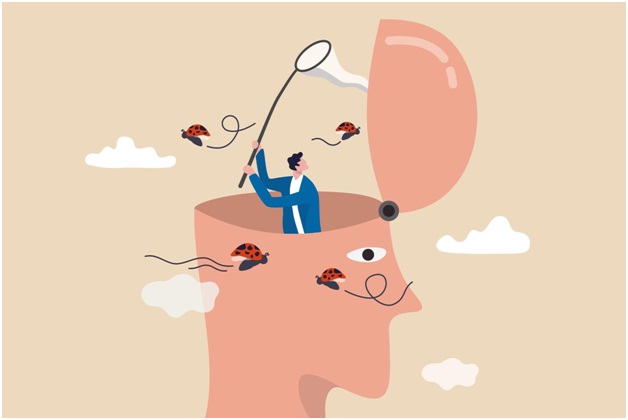How to Tell if You Have Executive Dysfunction
Some people wake up in the morning knowing exactly what they want to accomplish over the course of the day. They might spend a few minutes planning their activities, and they might pay attention to their progress throughout the day, but at the end of their working hours, these people are generally satisfied by the goals they set and achieved.

If this sounds outrageous to you, you might suffer from a disruption to your executive functions, which are important cognitive processes that help you control your thoughts, emotions and behaviors. This disorder, often called executive dysfunction, is gaining much-needed attention as more people recognize its symptoms in their own actions. To better understand the signs and symptoms of executive dysfunction, you can read on:
Understand Common Executive Functions
Just as executives within an organization are tasked with making big-picture decisions that affect the overall function of the company, the brain's executive functions are essential for managing all other cognitive tasks. Executive functions are often described as the tools used by the brain to self-regulate; indeed, without executive functions, the mind will struggle to manage its thoughts, emotions and behaviors. The most essential executive functions - and the ones that most often become dysfunctional - include:
Working Memory
There are many different components to human memory. Working memory allows an individual to keep track of information as they are striving to complete a task. Often, working memory is a short-term tool that allows details to be forgotten in time, but sometimes, working memory is essential in organization of information for long-term storage. Dysfunction in working memory may appear like an inability to focus on an issue or distractibility. In fact, attention issues and working memory dysfunction are often conflated.
Cognitive Flexibility
The success of the human species is owed primarily to our adaptability - and specifically our cognitive flexibility. This executive function is what allows the mind to shift from one topic to another with ease. People with greater cognitive flexibility can more swiftly adapt to new situations; often, these people are better at creative thinking and problem-solving. Yet, dysfunctional cognitive flexibility is associated with too intense of focus on a single topic and extreme difficulty moving from one task to another.
Inhibition Control
One of the most important executive functions, inhibition control is the brain's ability to regulate its impulses. The brain typically has a hierarchy of controls to prevent an individual from thinking and acting in ways that go against social norms, and if any of those controls fails, a person can become distracted, struggle to make or execute plans or have difficulty maintaining relationships due to irksome language and actions. Inhibition control is one of the last executive functions to develop in the brain, which is why so many kids and teens struggle to manage their behavior..
Consider the Causes of Executive Dysfunction
Because executive dysfunction can be difficult to distinguish amongst other mental, emotional and behavioral symptoms, only recently have psychologists begun working to understand this component of mental health. At present, psychologists recognize two primary ways for an individual to develop executive dysfunction:
Mental Illness
A variety of mental illnesses interfere with the brain's natural and healthy processes, resulting in executive dysfunction that can last longer than the illness itself. Substance abuse almost always causes some degree of executive dysfunction. Other mental disorders commonly associated with executive dysfunction include ADHD, depression and schizophrenia. Meanwhile, neurodivergence can also result in some differences in executive function. It might be useful to apply for mental health life insurance if you notice that you suffer from executive dysfunction.
Brain Damage
Damage to and deterioration of brain tissues can also result in issues related to executive dysfunction. Serious head injuries and strokes can harm the areas of the brain responsible for managing executive functions. Similarly, degenerative diseases like Alzheimer's, dementia and epilepsy can weaken and destroy these parts of the brain over time. Finally, some infections and toxins can result in damage to parts of the brain, which can result in executive dysfunction.
Students can learn more about the best-known causes of executive dysfunction in online master’s programs in psychology and focus their career on researching this fundamental psychological phenomenon. In the meantime, if you believe that you are suffering from executive dysfunction, you should talk to your doctor as soon as possible to begin testing and treatment for your condition.